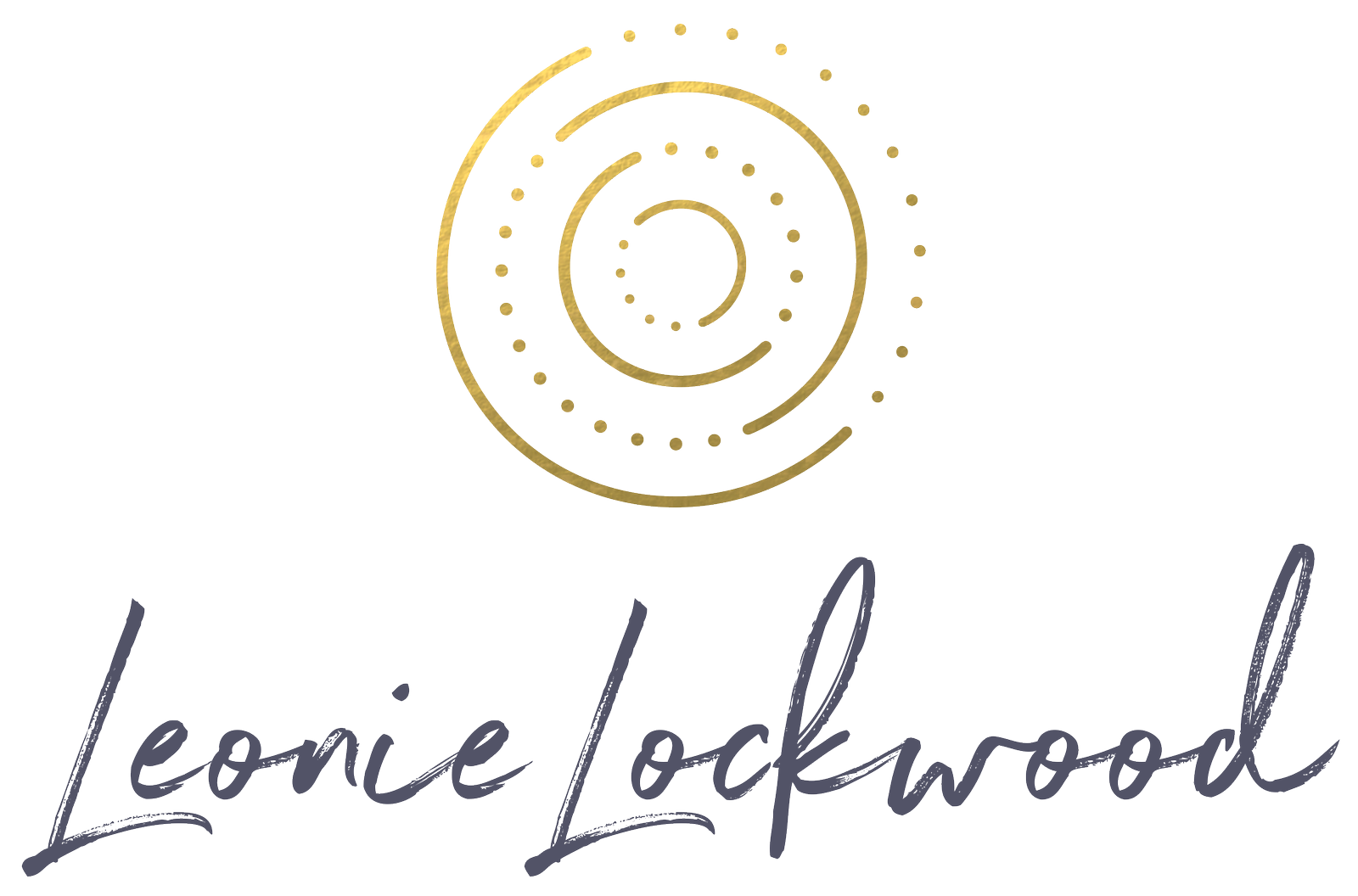 Are you worried that you’re not a true yogi unless you have all the answers? This is why I believe it’s more than OK to say, “I don’t know”.
Are you worried that you’re not a true yogi unless you have all the answers? This is why I believe it’s more than OK to say, “I don’t know”.
You don’t have to be ‘more advanced’
I used to think that to be the best teacher, I needed to be ‘more advanced’ than my students – more flexible, more experienced, more mentally healthy, more spiritually connected, more able to nail those advanced asanas,
As a yoga teacher, and particularly as a Yin teacher trainer, I’ve realised that holding myself to this ideal isn’t just unrealistic; it’s narcissistic and comparative.
If you’re focused on being ‘more’ than your students it puts the emphasis on you and takes the focus away from where it should be (on them). It can cause your students to feel intimidated, which may result in a power imbalance that’s detrimental to everyone involved.
As my mentor Paul Grilley says, “The most important function of a teacher is to provide a time and place where others feel comfortable practicing their yoga.” Their yoga. As a teacher, your role is to empower your students, not create barriers to the self-enquiry that yoga asks of us.
Rather than focusing on being ‘more’, approach your teaching as an offering students can take, leave or modify depending on their needs. We are enablers of their practice.
You don’t have to have all the answers
Whether you’ve just completed your 200 hours’ training or you’ve been teaching for decades, it’s not essential to have all the answers.
In fact, it’s better if you don’t.
If a student has specialised needs and you don’t know how to help, “I don’t know” is the perfect first response. Follow up by continuing to ask questions and let your student know that you’re looking forward to learning together.
By not knowing – and therefore not imposing your version of ‘right’ and ‘wrong’ – you also encourage your students to tune in to their own bodies. You can suggest modifications and adjustments but remember that your student is the expert on his or her own body, not you. No one’s experience or asana practice is the same as another’s. Everyone’s practice will change from day to day – the handstander could be the child’s poser next week. Do what you can to help your student tune in at that moment, then step back with respect to allow the enquiry to unfold.
You don’t have to go it alone
Every great teacher, no matter senior or how experienced, is also a keen student who wants to learn and grow.
As a yoga teacher you have a responsibility to remain informed and refine your expertise. You’ll never know it all and you can never know enough. Be a student first and foremost. Call on your own teachers and mentors when you need help and support. You wouldn’t expect your students to go it alone, so why put yourself in a yoga bubble? We all go through challenging times. Personal guidance/mentoring is necessary for all yoga teachers as part of the continuing journey of yoga.
The more you know, the less you know
(And that’s a good thing…)
I’ve been practicing yoga for more than 15 years. The longer I teach, the more I realise how much I have to learn. Maintaining an open, inquisitive mind not only enables you to learn more, and therefore teach more, it also helps keep your practice fresh and teachings innovative.
We’re all beginners so embrace the ‘not knowing’. By letting your students know that you don’t know, they’ll see that you are learning too. And they’ll be excited not only to learn from you, but with you.
